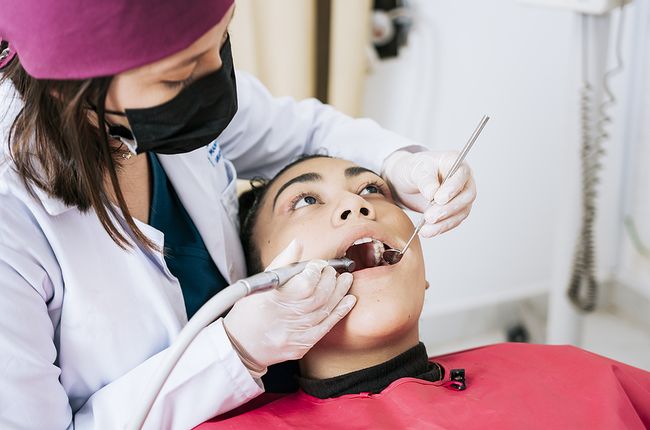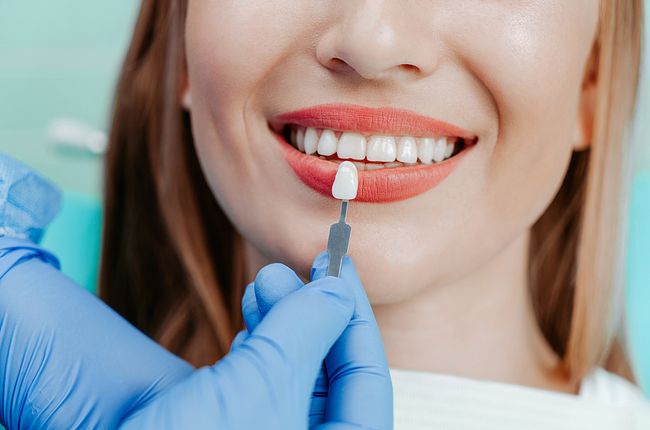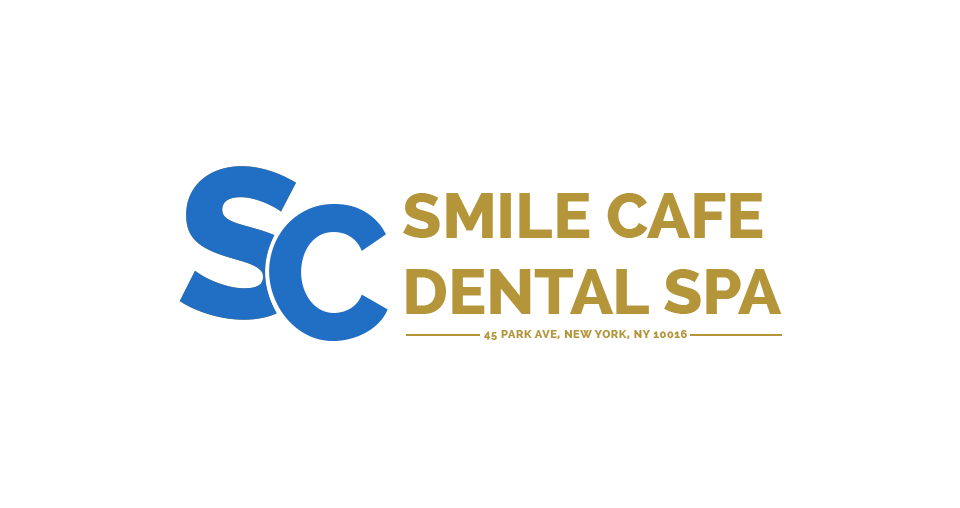Periodontal disease is caused by the buildup of plaque on your teeth. Plaque is a sticky, colorless substance that constantly forms on the surface of your teeth. Bacteria in your mouth combine with saliva to create a thin biofilm layer of plaque. If plaque is not removed adequately through brushing or flossing, it builds up over time to cause inflammation of the gums, called gingivitis. If left untreated, gingivitis can become a more severe form of gum disease known as periodontitis. Inflammation can spread to the tissues and bones that support your teeth, leading to tooth loss if proper treatments are not received. Visit Smile Café for the best dental care possible.
Stages of Gum Disease
Gingivitis
The earliest stage of gum disease is gingivitis, characterized by red, swollen, and inflamed gums that may bleed easily, especially during brushing or flossing. However, at this stage, there is no irreversible damage to the supporting structures of the teeth.
Periodontitis
If left untreated, gingivitis can progress to periodontitis. In this stage, the infection and inflammation extend below the gumline, causing the gums to recede and form pockets between the teeth and gums. These pockets become sites for further bacterial plaque accumulation, which can lead to further inflammation, bone loss, and damage to the supporting structures of the teeth.
Common Signs and Symptoms of Periodontal Disease
- Red, swollen, or tender gums
- Bleeding gums, especially during brushing or flossing
- Receding gums, making the teeth appear longer
- Persistent bad breath or a bad taste in the mouth
- Loose or shifting teeth
- Changes in the way teeth fit together when biting or chewing
- Formation of pus around the gums and teeth
Treatment Options for Periodontal Gum Disease
Scaling and Root Planing
This non-surgical procedure thoroughly cleans the teeth and roots below the gum line. The dentist or dental hygienist uses special instruments to remove plaque and tartar from the tooth surfaces and smooth the root surfaces. This helps to eliminate bacterial infection and promotes gum healing.
Antibiotics
In some cases, antibiotics may be prescribed to help control bacterial infection and reduce inflammation. Antibiotics can be taken orally or applied topically directly into the gum pockets.
Periodontal Surgery
In more advanced cases of periodontitis, surgical intervention may be necessary. Surgical procedures, such as flap or gum grafting, aim to reduce pocket depth, remove infected tissues, and regenerate lost bone and gum tissue.
If you suspect you have gum disease or are experiencing any signs or symptoms, it is essential to visit Smile Cafe at 45 Park Ave, Professional Unit 1, New York, NY 10016, or call (212) 779-3494. Our dentist can evaluate your condition, provide appropriate treatment, and offer guidance on maintaining optimal oral health to prevent the progression of gum disease and its potential complications.



















